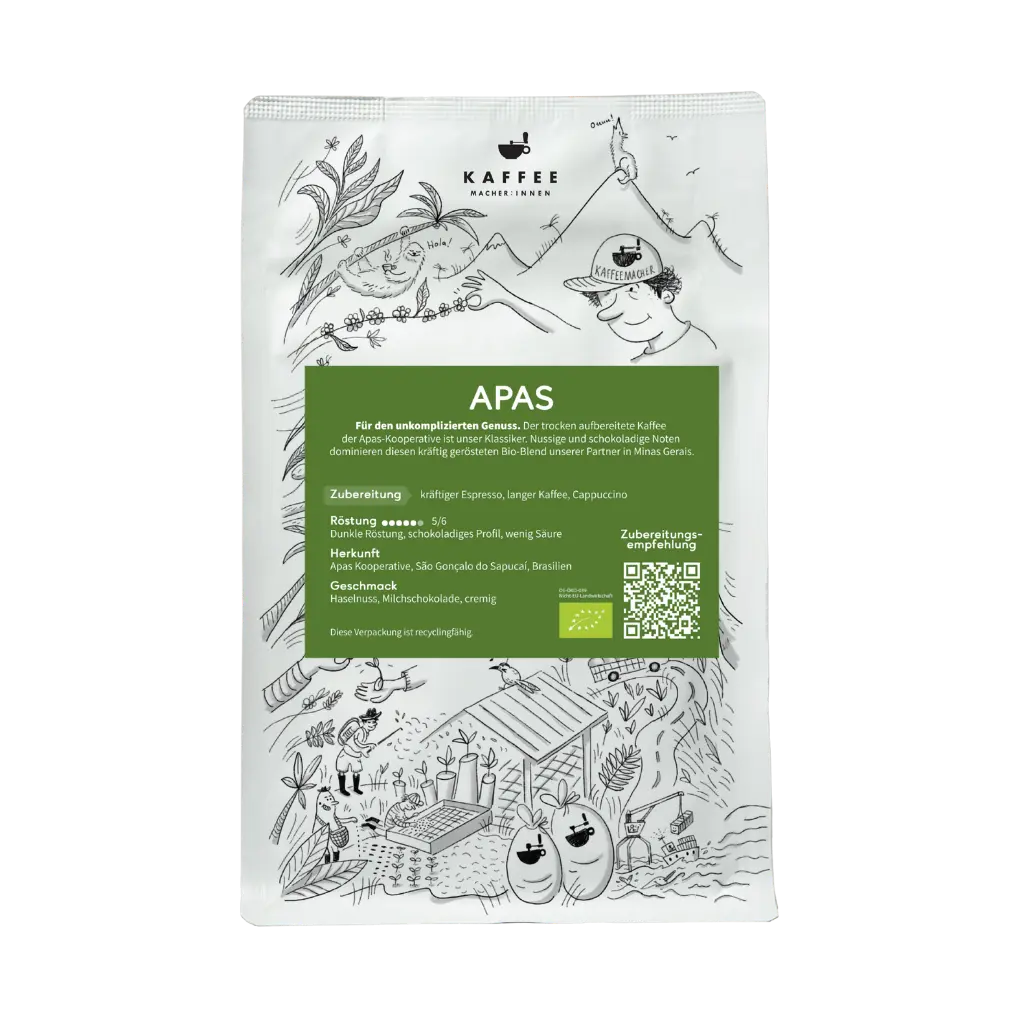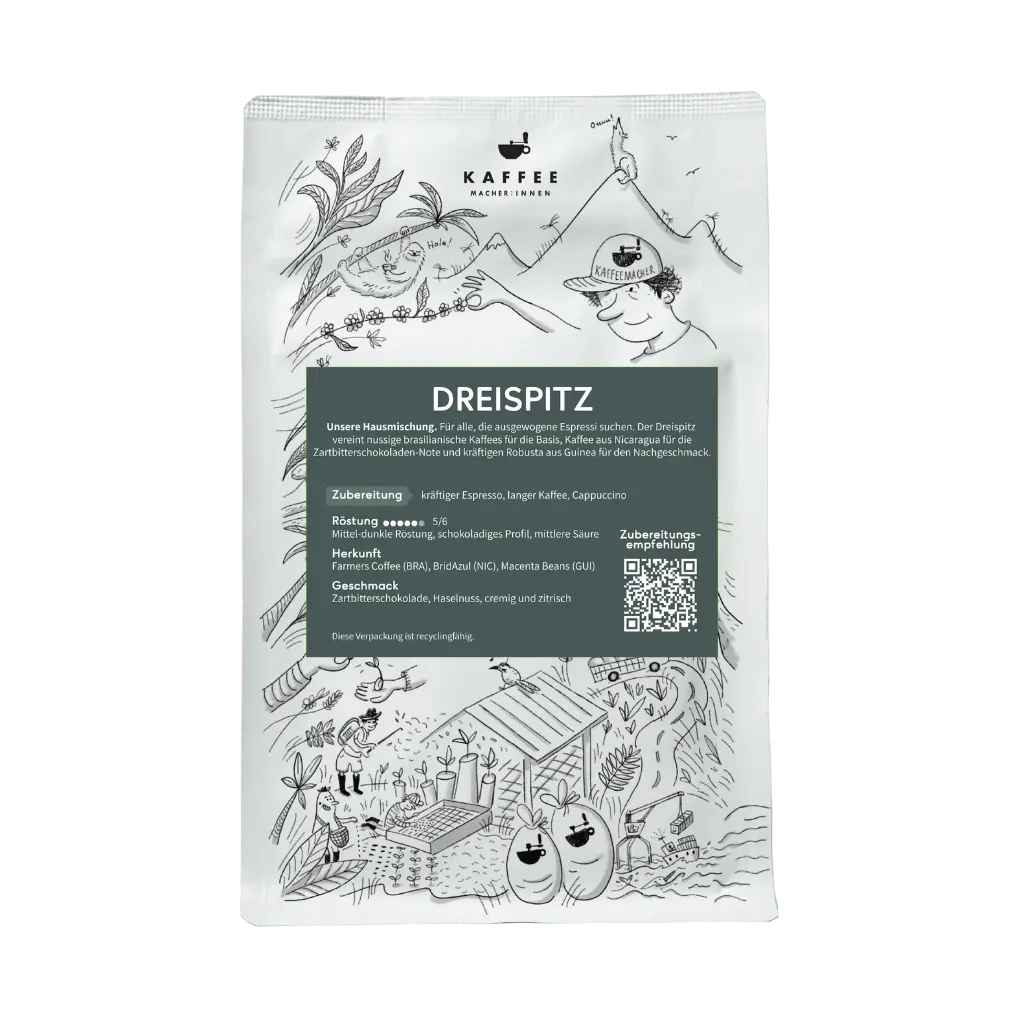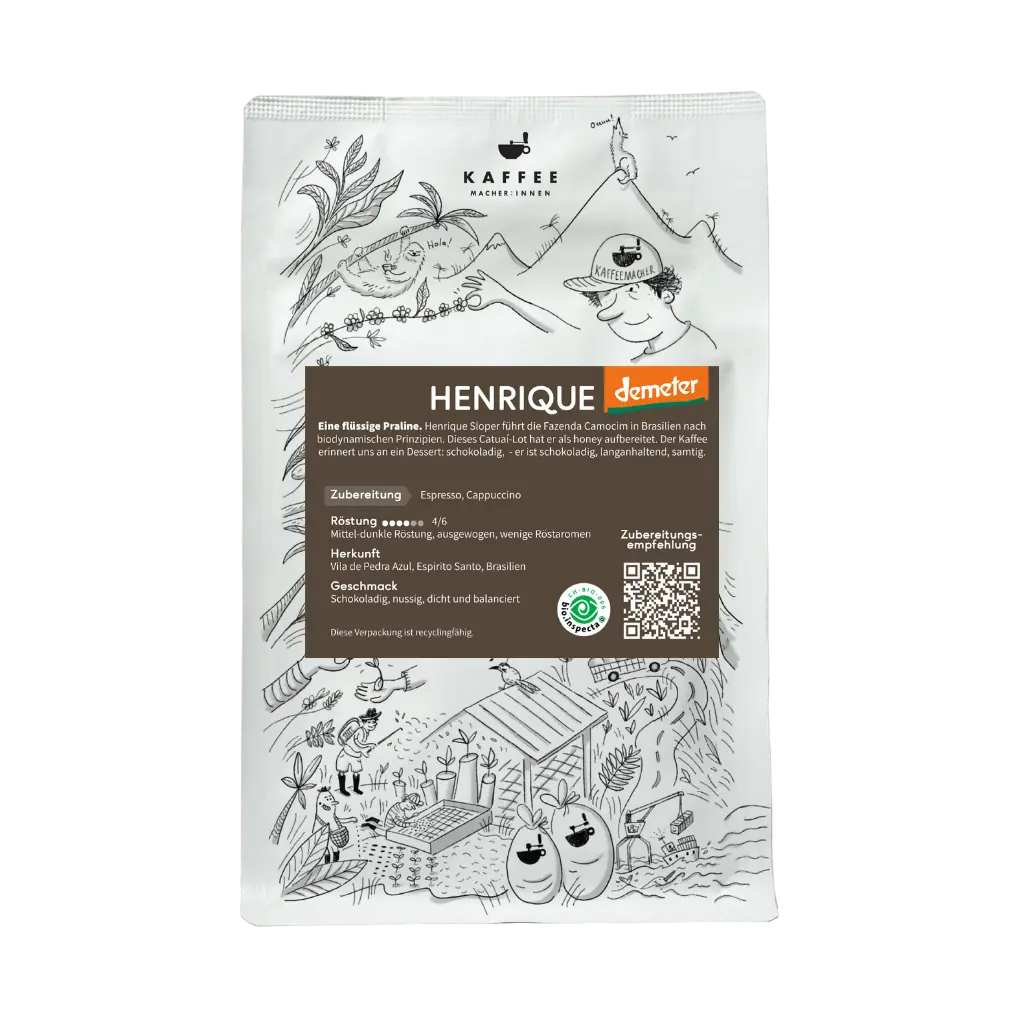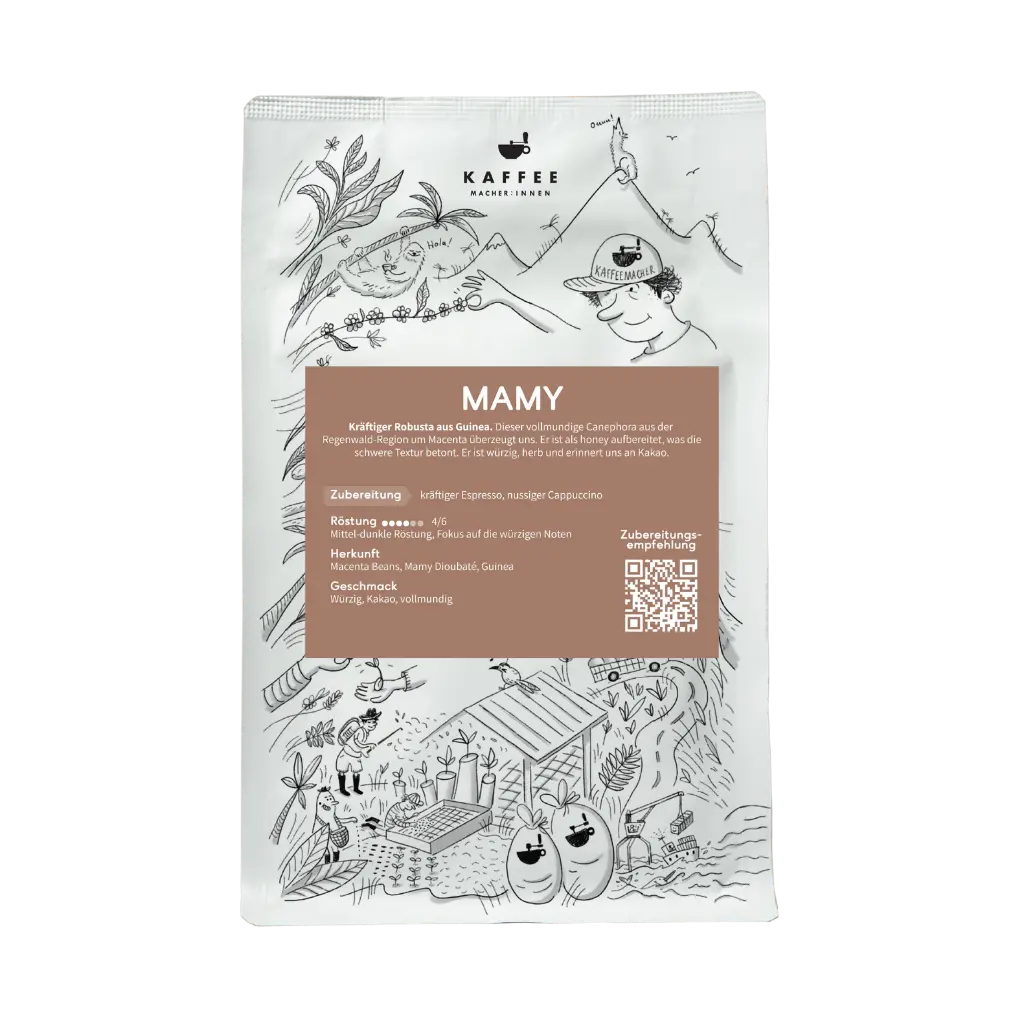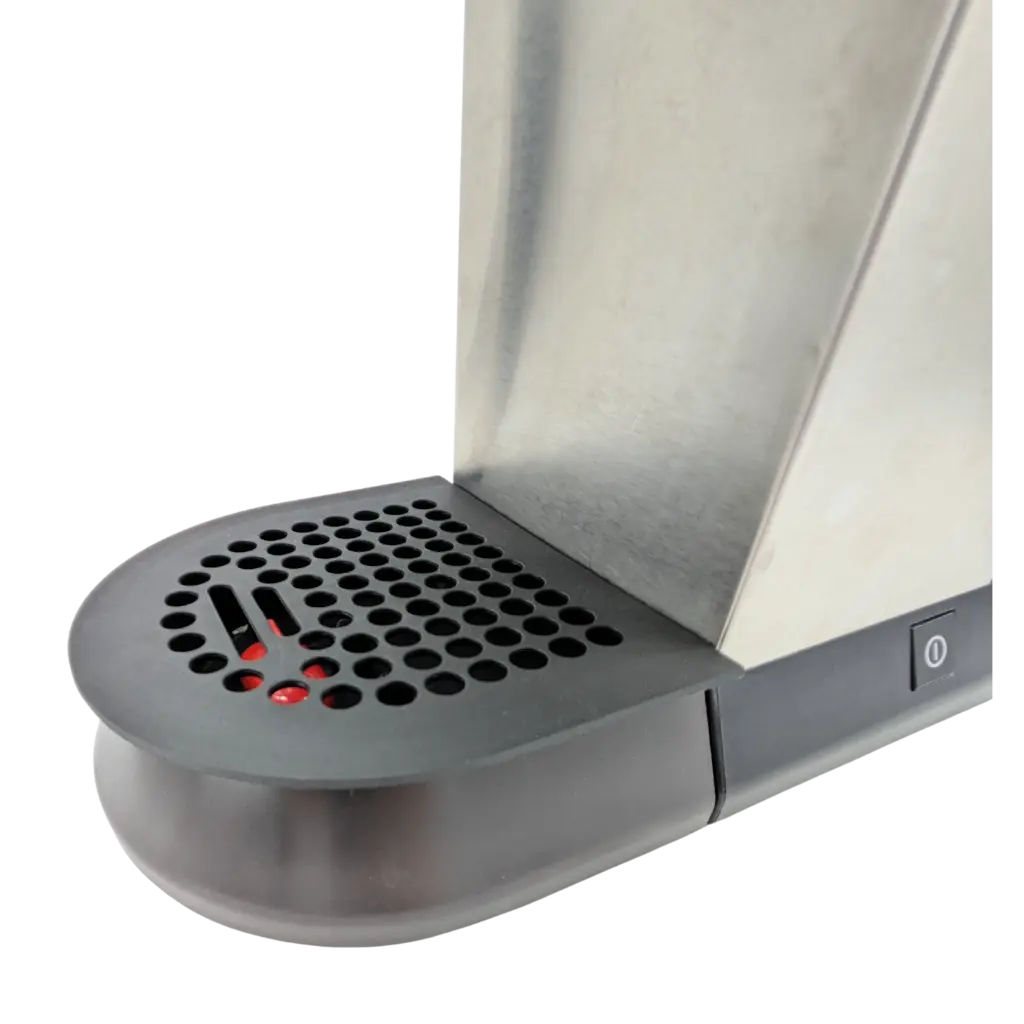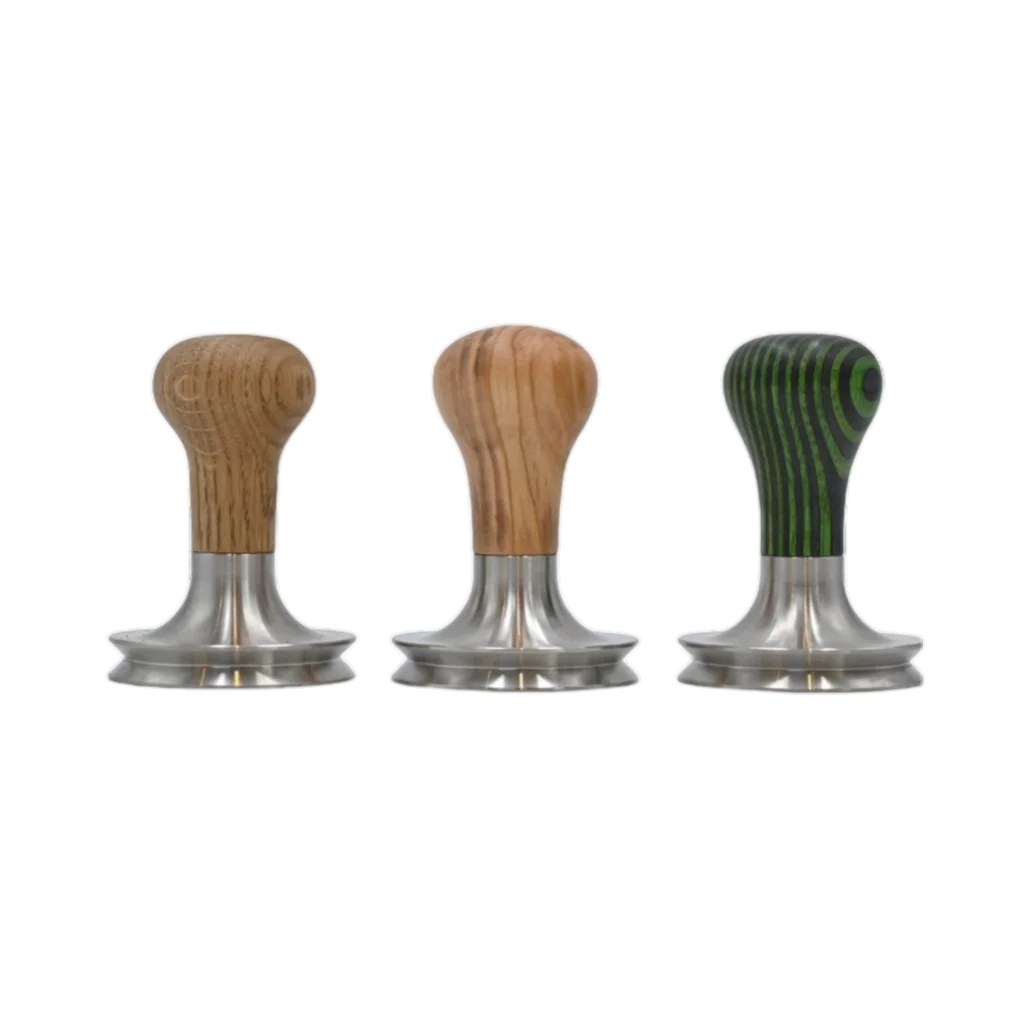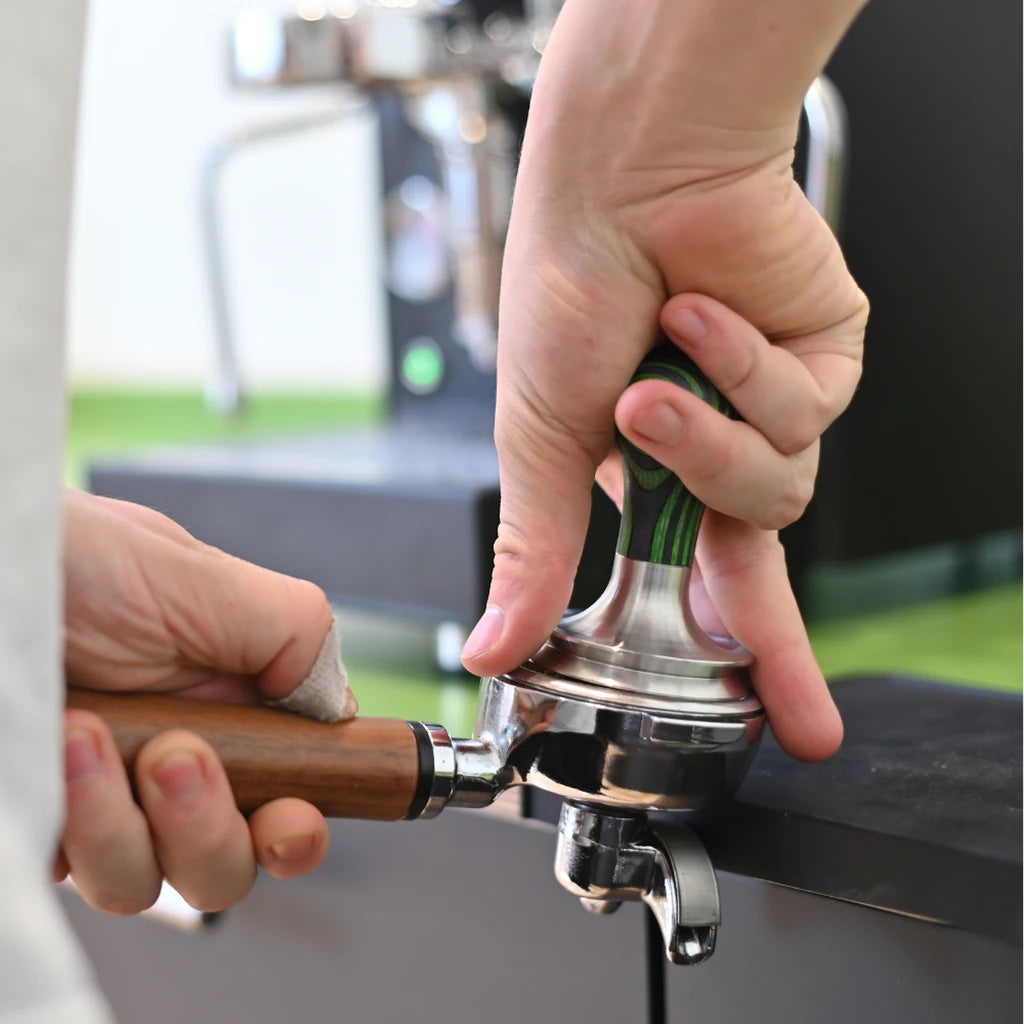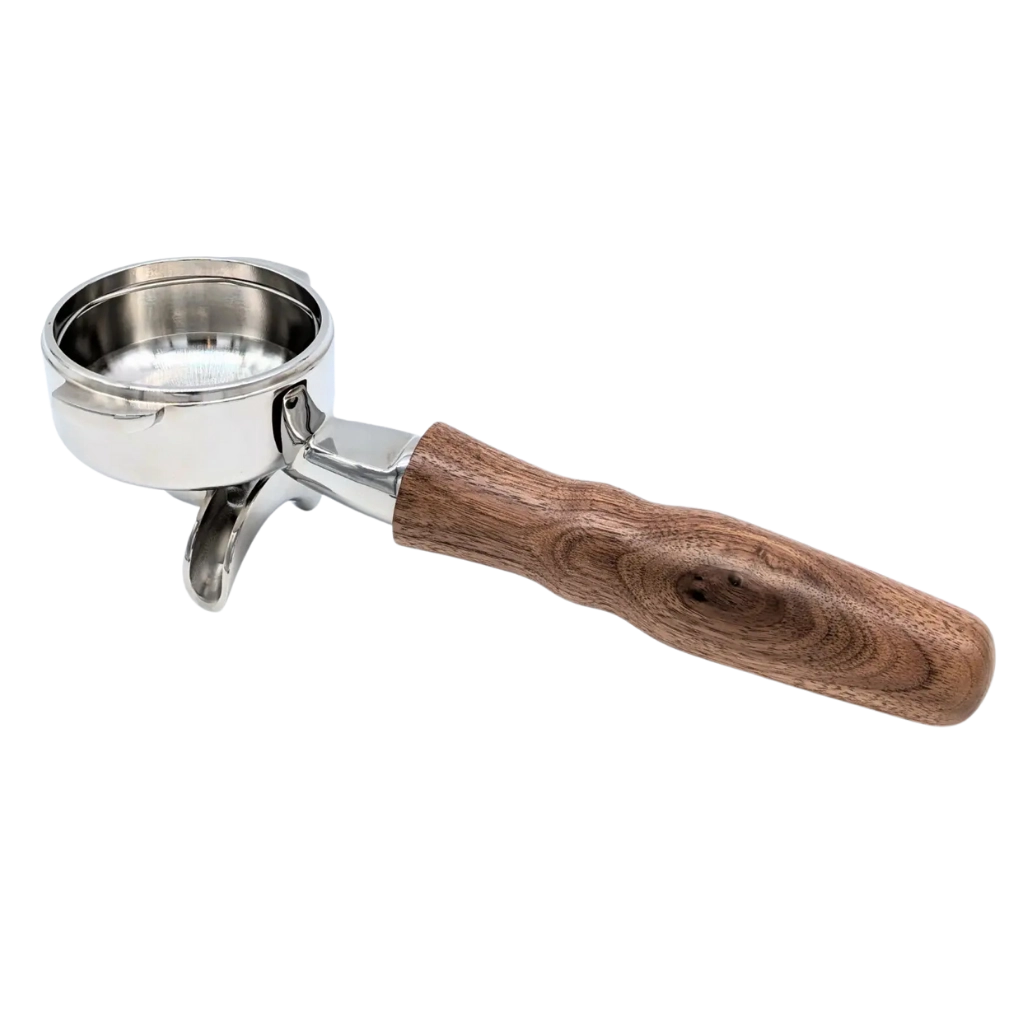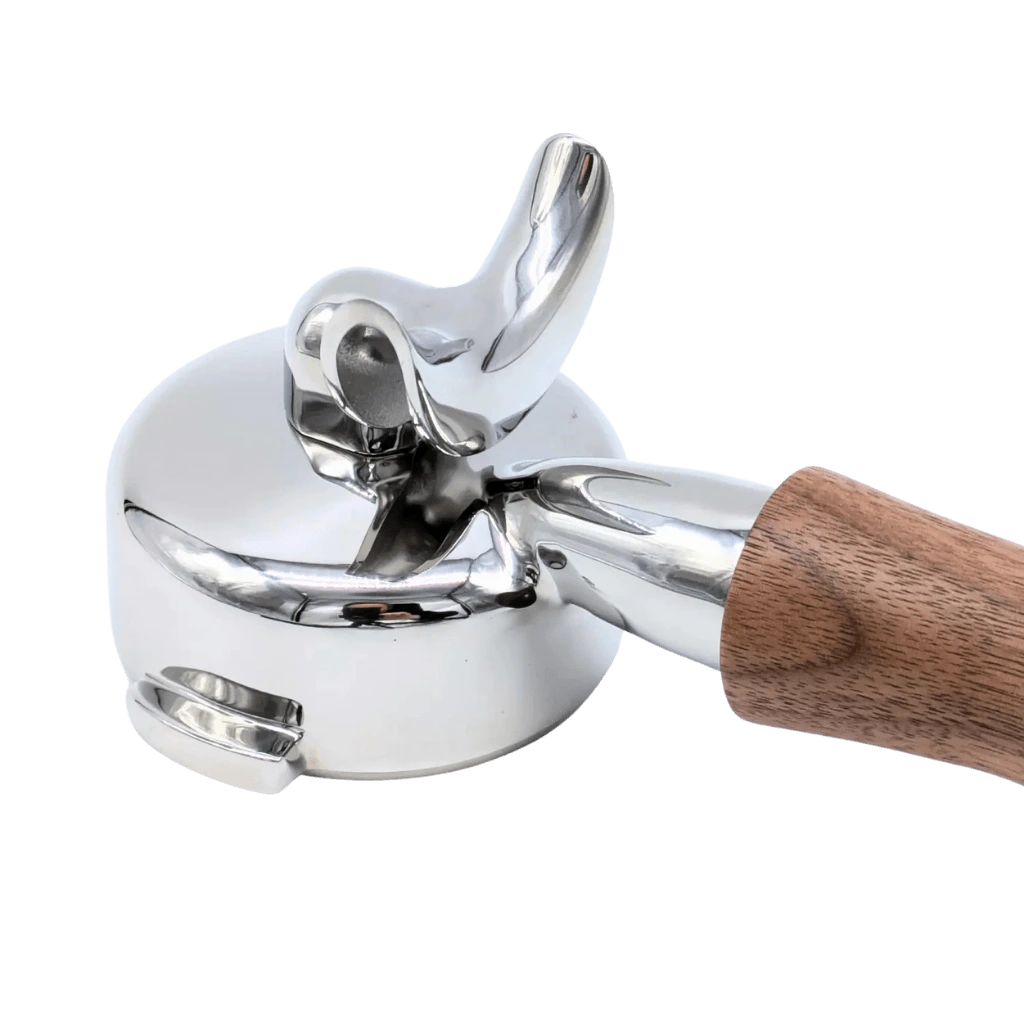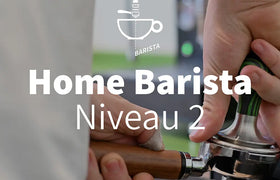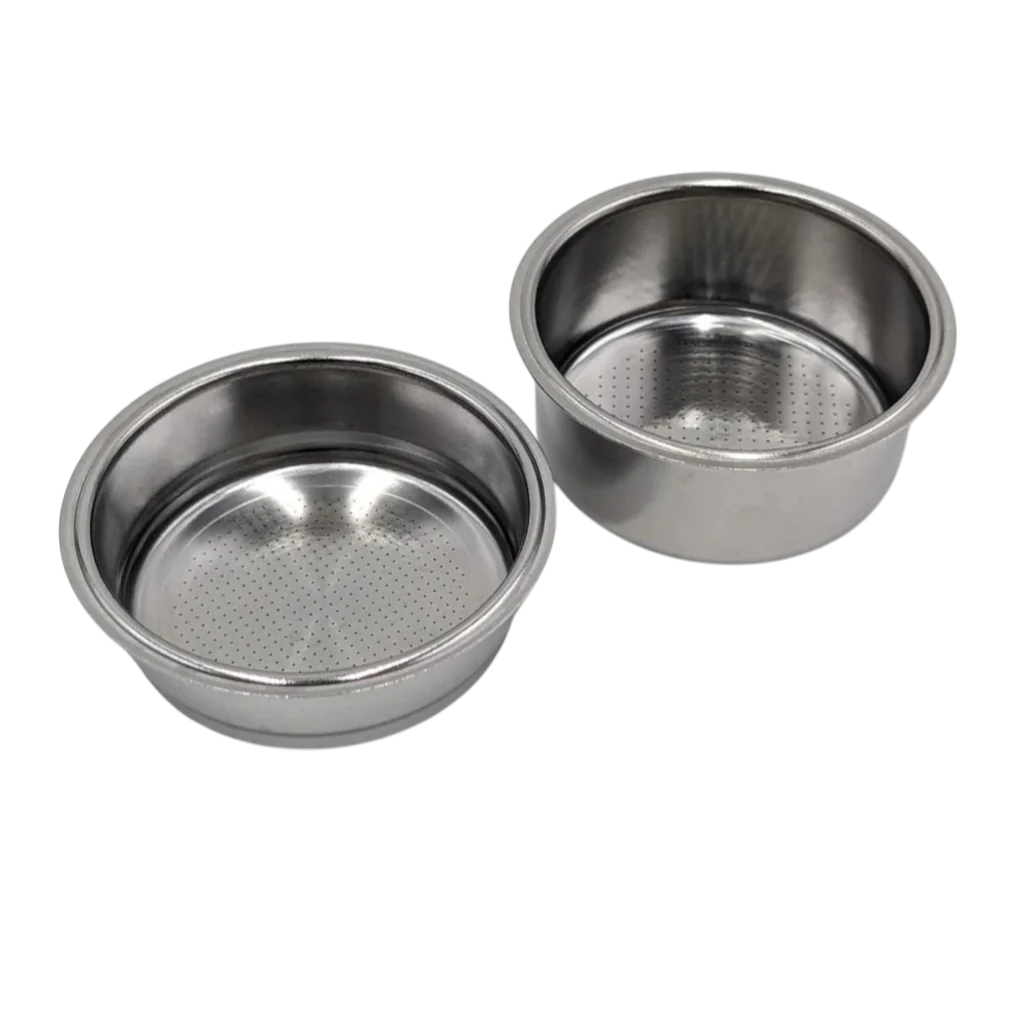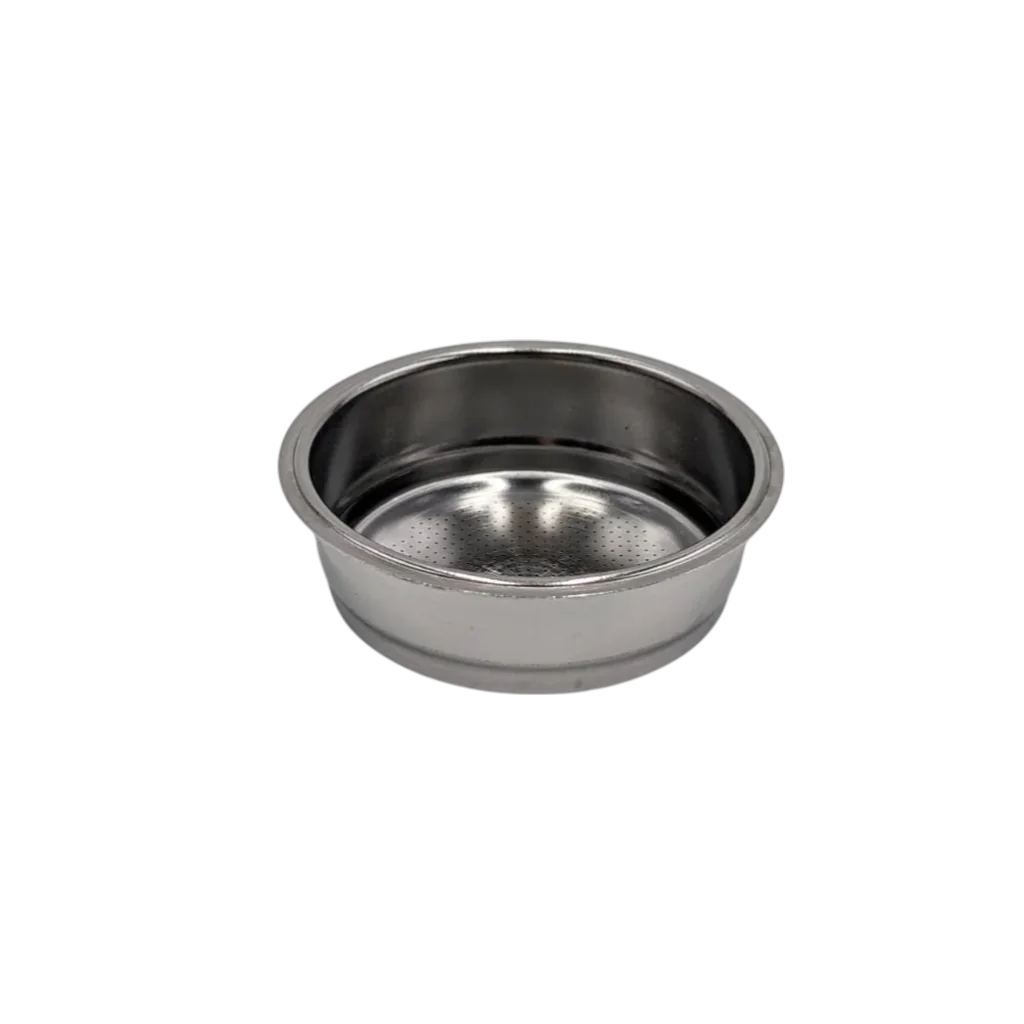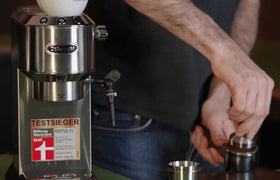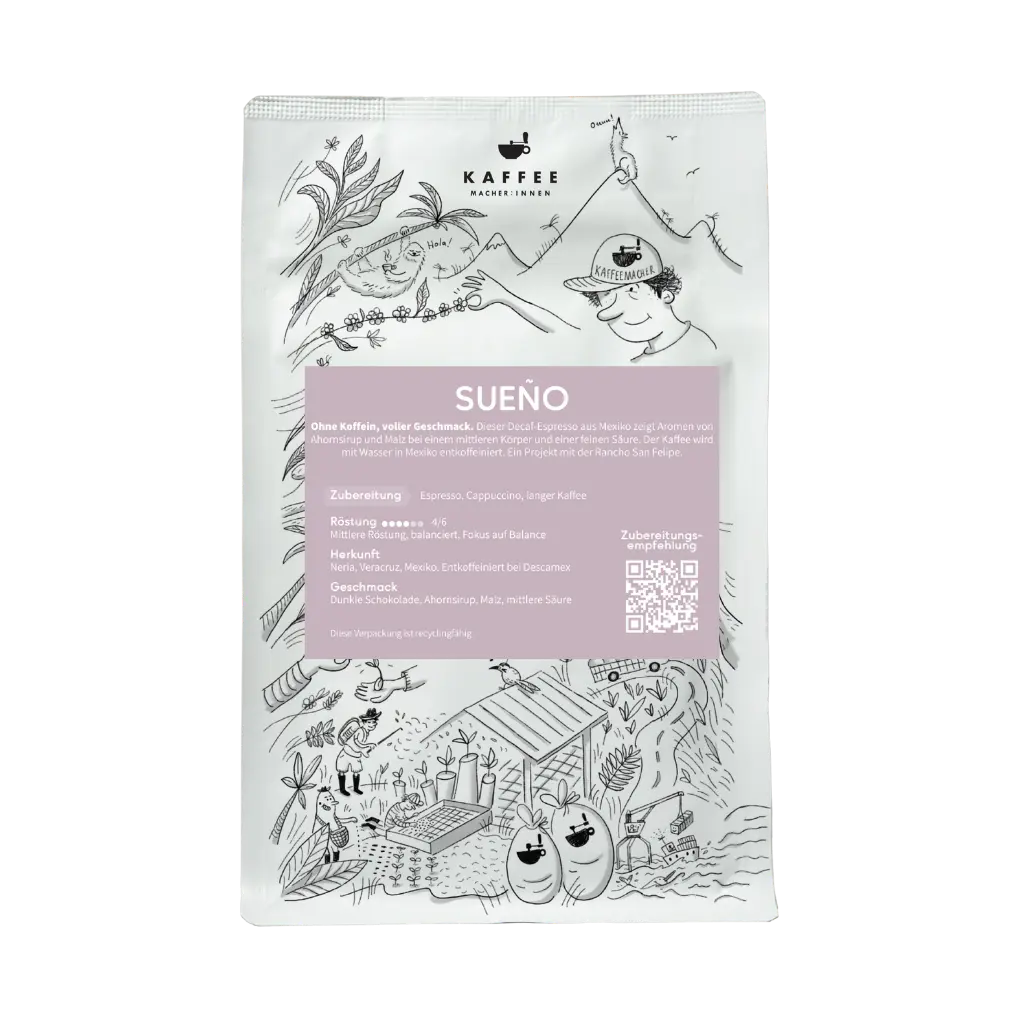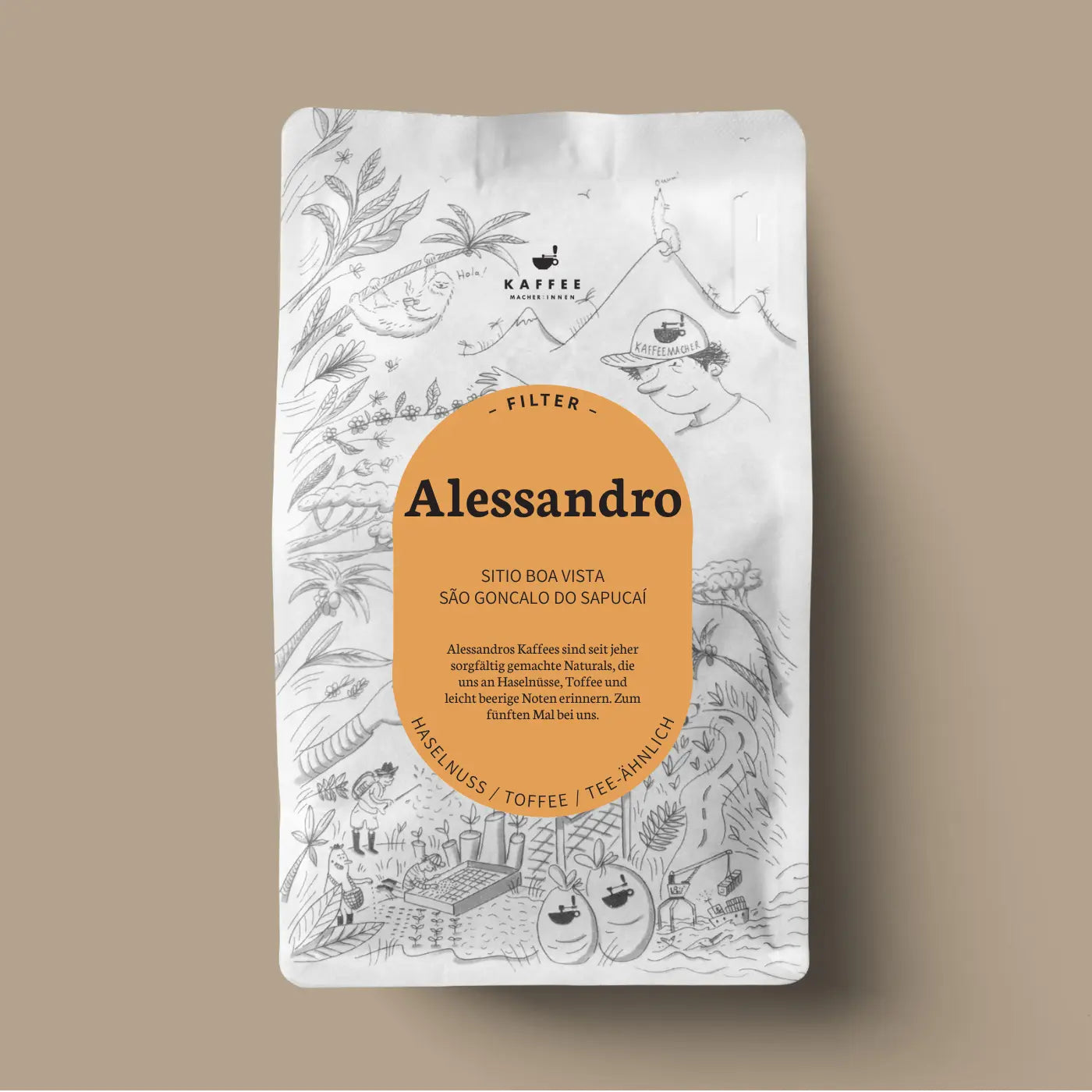
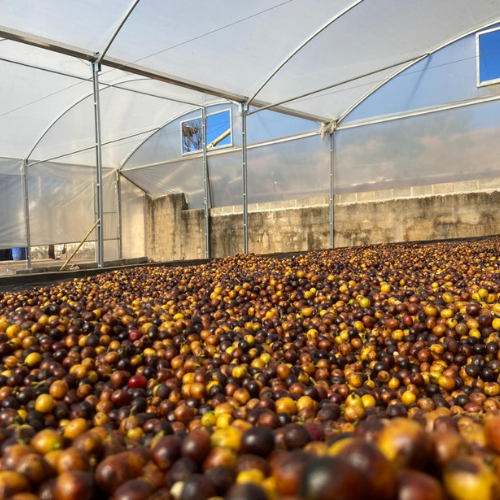
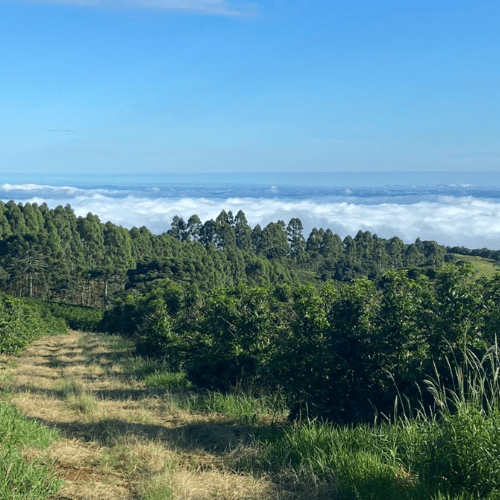
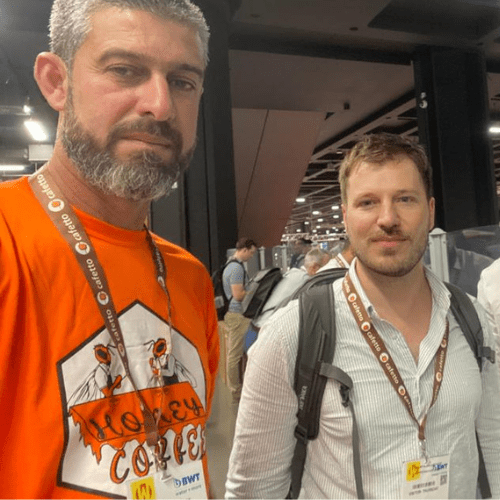
Alessandro, filter coffee from Brazil
Alessandro - filter coffee from Brazil
Alessandro's coffees delight us every year. The co-founder of the APAS cooperative knows exactly what he is doing. This year, too, the harvest comes from his newest farm, Sitio Grotão. Like previous years, it is a natural with a hazelnut baseline, perfumed with ripe, berry notes and rounded off with a delicate acidity.
Alessandro - Coffee Infos
Roasted for: all common filter methods such as: hand filter, AeroPress, French Press and Cold Brew.
Origin: Brazil, São Gonçalo do Sapucaí, Sitio Grotão
Producer: Alessandro Hervaz, member of the APAS cooperative
Varieties: Bourbon Amarelho, 100% Arabica
Post-harvest process: Natural, drying in the coffee cherry
All our coffees are sold as whole beans.
Brewing recommendation Alessandro from David: Hario V60
| amount of coffee | 15 grams |
| total amount of water |
250 grams |
| grind | 5.2.0 |
| age of roasting | 10 days |
| water temperature |
91 degrees |
| Blooming |
50 grams (30 seconds) |
| brewing time |
2:20 |
| infusions |
5 infusions (including blooming) up to 50g, up to 100g, up to 150g, up to 200g, up to 250g |
David used the following equipment to develop the recipe:
Water: total hardness 3 °dH, alkalinity 1.5 °dH (more on the topic of coffee water )
Mill: Kinu M47 Classic
Dripper: Hario V60 glass filter 02
filter paper: Hario V60 paper
Tell me more about Alessandro's work
The Sitio Grotão is Alessandro's newest farm and is one of the highest in Brazil. The coffee grows in a very cool climate up to 1520m above sea level and develops more acidity due to the slow ripening process. We feel this as a delicate, fresh acidity that integrates well into the overall impression. The natural process creates the mild, slightly fruity (red berries, plums) notes, while the classic hazelnut base note runs through from hot to cold. Alessandro says that he himself is "a student of coffee" - he is focused on precise processing steps and we feel that in this coffee. Everything is where it belongs. The balance between nuttiness, fruit notes and acidity is a highlight in our portfolio every year.
Why does the coffee taste the way it tastes?
Alessandro uses the same post-harvest process for all of his farms. This allows for an interesting comparison between the individual microlots. After the harvest, Alessandro washes all the intact cherries, with unripe and overripe ones floating to the top. He can remove these and only pile up the homogeneously ripe cherries in a pyramid shape in a covered solar tent and ferment them. In this pile of cherries, the temperature rises and intensifies the fermentation. After 5 to 7 days, he spreads the cherries out in hand-width layers and dries them down. The fermentation brings the fruity notes to the coffee, the slow ripening due to the altitude brings the delicate acidity, and the variety brings the well-known nuttiness.
Why did we buy this coffee?
Because we are fans of Alessandro and his work. Because we enjoy presenting different coffee flavors from the same region. And because it makes sense to buy more coffee from the same place. Alessandro is part of the APAS cooperative, was the first to grow organically at APAS and produces coffees every year that are extremely stable and long-lasting.
How do we roast these coffees?
We roast the coffee as a 12.5kg batch in the 30kg Giesen roaster. With a roasting time of 10 minutes, the coffee is one of our longer filter roasts. The development time of 40 seconds is relatively short - after the first crack, we quickly increase the bean temperature and interrupt the roasting in the middle of the first crack at a slightly higher final temperature.
3 Cold Brew Recipes - Cold Coffee, Really Delicious

Guaranteed origin
We know exactly where our coffee comes from and when and where it was roasted.
Free shipping in Germany from 75€
Personal advice
We are here to help you with any questions or problems.
Fast shipping
Delivery from Germany or Switzerland



